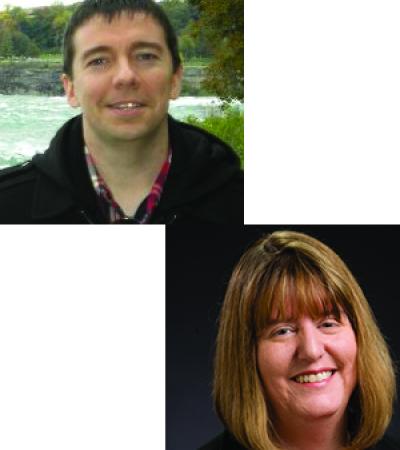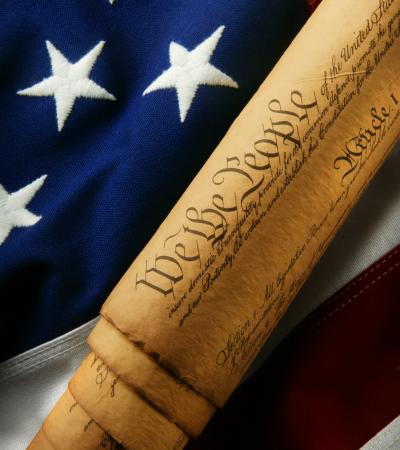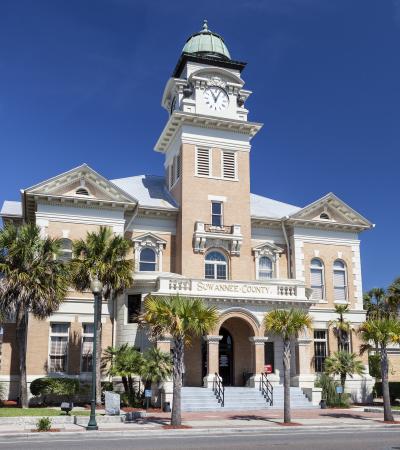As part of All Alexandria Reads — an initiative that encourages residents to read the same library-selected book — the Alexandria Library hosted events and discussions that revolved around “The Astronaut Wives Club” by Lily Koppel. The Duncan Branch Library presented a panel consisting of six former City of Alexandria residents, all who had grown up in Alexandria in the 1960s and graduated from George Washington High School in 1970 and 1971. The panelists discussed pivotal events of the period, including the assassination of John F. Kennedy, the Vietnam War and issues of desegregation and civil unrest.
Advanced Planning
The organizer of the program, a long acquaintance of mine and an Alexandria native, gathered five fellow classmates together and arranged to have them meet at the library on the day of the panel. The library requested each of the panelists submit a short bio, which included the events they recalled while growing up in Alexandria during the ‘60s. They were then given three basic topics to consider and recollect before they presented at the library. Our primary goal was to inform the audience of the experiences these individuals had during important events of the 1960s.
Marketing
The library used its regular avenues of marketing, including the library’s website. We produced and distributed fliers, and we also publicized the program to local schools as an interesting topic for their students. We contacted local history organizations, and the City of Alexandria’s weekly eNews broadcasted the event.
Budgeting
We had a $400 budget that was used to pay for the panelists’ transportation costs and refreshments for the patrons.
Day-of-event Activity
Only one staff member was required on the day of the event to guide the panel through the specific discussion topics.
Program Execution
We had a total of 20 attendees, including the panelists. Everyone who attended thought the program was valuable and thoroughly enjoyed it.
Advice
Local history organizations can be valuable resources for publicizing a historical panel. Unfortunately, some of those organizations were not cooperative in relaying information about the program. The schools could have provided greater incentive to encourage student attendance, but that’s the way it goes!




